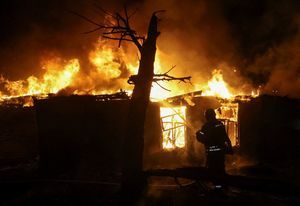![(123rf)]](https://contents-cdn.viewus.co.kr/image/2025/07/CP-2023-0309/30875408.jpg) Senior citizens with a stronger support network are better prepared for the end of life, a new study reveals.
Senior citizens with a stronger support network are better prepared for the end of life, a new study reveals.
Using data from the government’s 2023 Korean Elderly Survey, the study evaluated death preparedness by examining factors such as will creation, plans for life-sustaining treatments, intentions regarding organ donation, and funeral arrangements.
The findings demonstrated a clear correlation between social support and end-of-life readiness. Seniors with the least social support were the most unprepared, while those in the middle and highest support groups were 1.33 and 1.38 times more prepared, respectively.
The researchers concluded that increased social support significantly enhanced the likelihood of seniors planning for the end of life. Although previous studies have linked depression to negative attitudes toward death, this research suggests that social support may play an even more critical role for older adults.
Education levels also emerged as an important factor in death preparedness. Compared to college graduates, high school graduates were found to be 19% less prepared, middle school graduates 22% less prepared, and elementary school graduates 28% less prepared.
The researchers acknowledged certain limitations in their study, noting that over half of the participants belonged to the most socially supported group. They suggested that future research should consider a broader range of factors—including the quality of social support—to provide a more nuanced understanding.
This groundbreaking study was published in the Korea Public Health Research journal by the Korea Public Health Association.










Most Commented